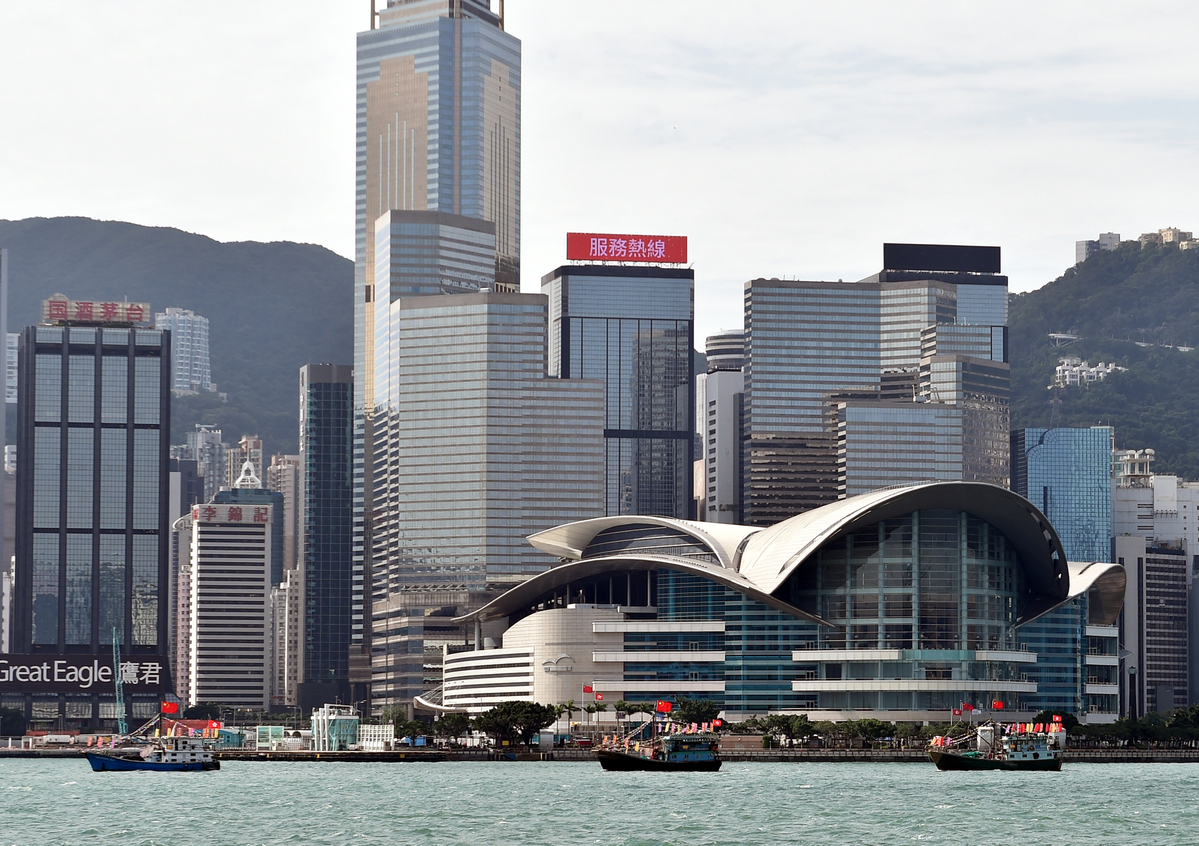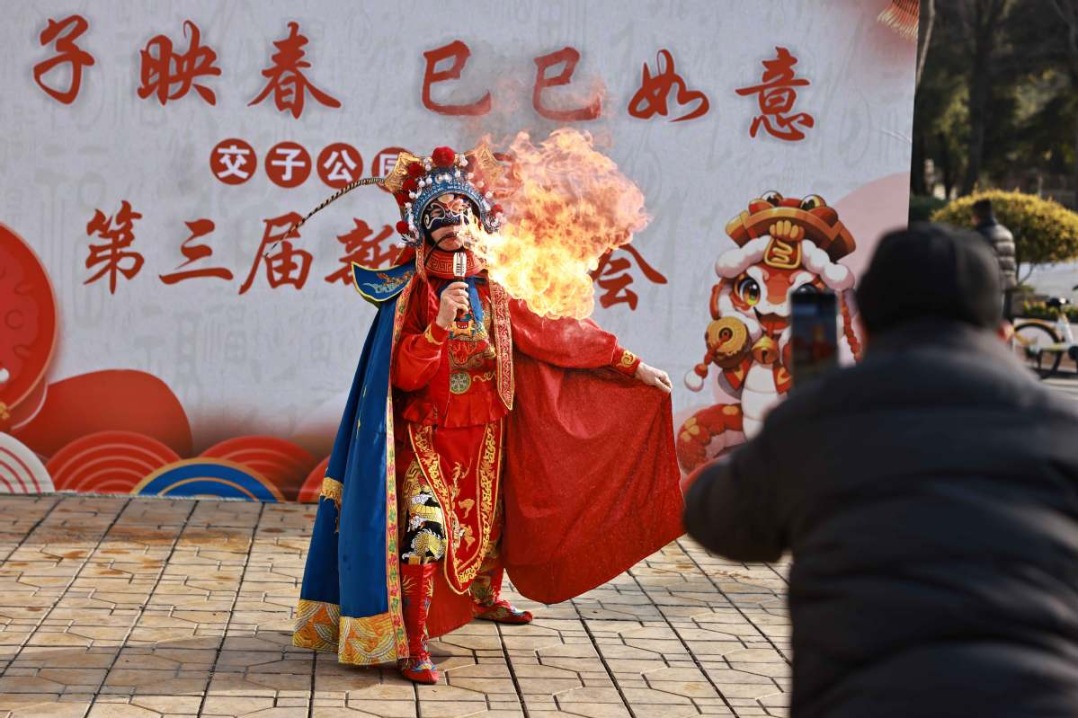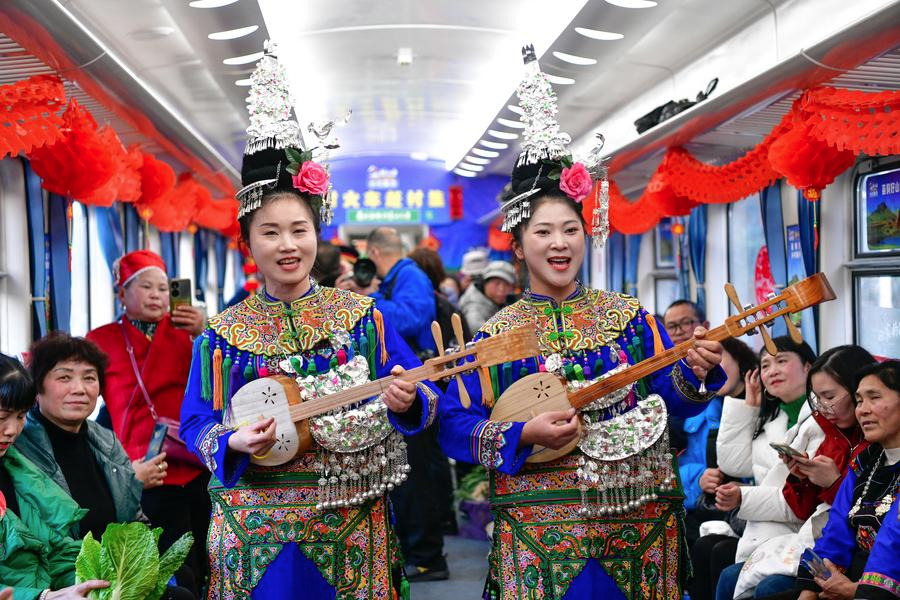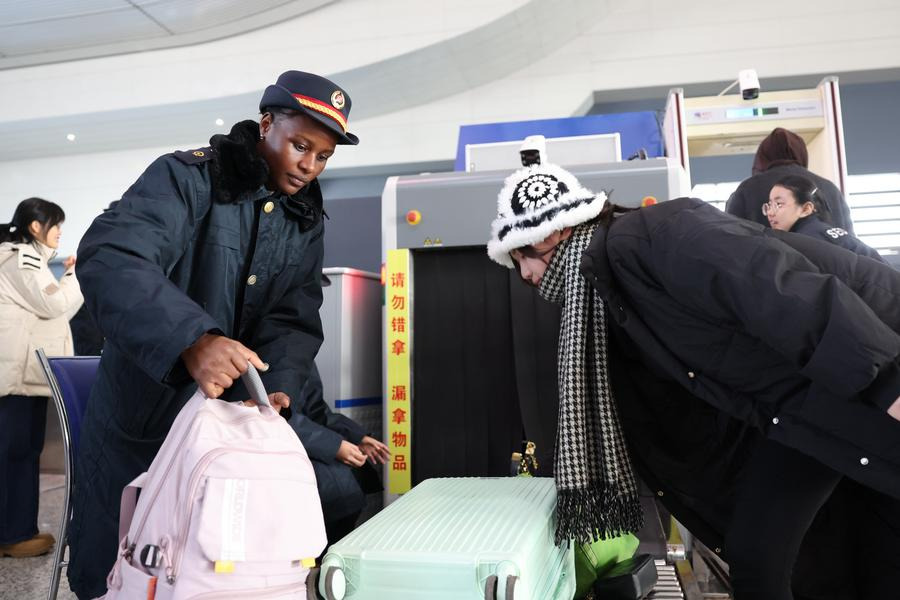Emergence of serious breaches shows need for legal revisions


Recent serious national security cases, which resulted from legal loopholes in the Hong Kong Special Administrative Region, have proved the necessity of promulgating the National Security Law for Hong Kong, as the city marked the first National Security Education Day on Thursday.
On Wednesday evening, the China Central Television news program Focus Report revealed the details of a national security case involving Henley Lee Hu Xiang, a Chinese businessman and citizen of Belize in Central America.
He was sentenced on April 2 to 11 years in prison for endangering China's national security through actively engaging with anti-China forces in the Hong Kong SAR and overseas countries.
Chinese prosecutors found that Lee had "spared no efforts and resources" to facilitate anti-China campaigns at home and abroad since as early as in 2001, including the illegal "Occupy Central" movement in 2014 and anti-government protests in 2019 in Hong Kong.
According to the program, Lee had financed a delegation from Hong Kong to meet with senior Western officials and seek foreign sanctions against the Hong Kong SAR and China as an attempt to force the central and local governments to make political compromises.
The identities of those involved and the officials were not disclosed during the program.
Lee was also accused of giving advice to a Western country in 2018 on its proposed sanctions against Hong Kong.
He was arrested by China's national security department in November 2019.
Lee's case has demonstrated the complex situation and the constant risks and challenges facing national security in China, the program stressed.
The program pointed out that the safeguarding of national security is the responsibility and obligation of every Chinese citizen, and it called on the whole of society to strengthen its sense of national security.
Meanwhile, two mainland students studying in Hong Kong, identified as Chen, 24, and Yang, 25, were arrested by the national security agency in 2020 for their involvement in unrest in Hong Kong in 2019, according to Chinese newspaper Legal Daily.
The two students were reportedly misled by local anti-China groups into taking part in illegal demonstrations and publishing online statements in support of anti-government movements and separatism.
- Galactic Energy launches five satellites into orbit
- Xinjiang's development path aligned with Hong Kong, Macao initiatives
- Ningxia aims for 5.5% GDP growth in 2025
- Helicopter service to shorten travel time across Qiongzhou Strait
- 660,000 nursery slots set to open in China
- China greenlights 129,500 EIA approvals in 2024





































